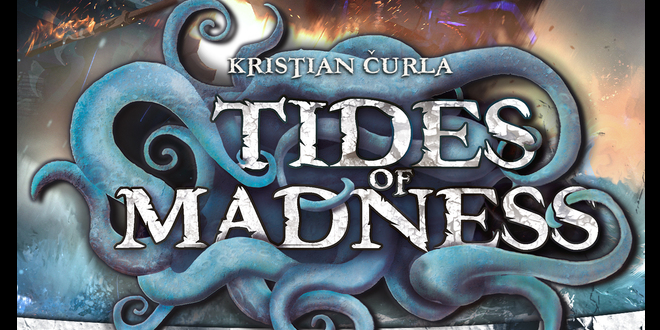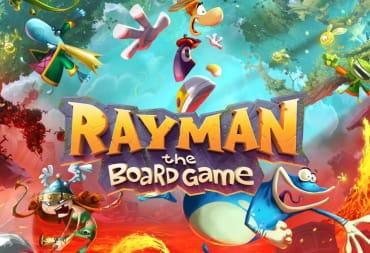Card drafting is fun. It's one of those mechanics that feels really good, and it provides a satisfying feeling of working towards something, of moving forward, and it provides a constant sense of gain. Drafting is such a good mechanic that many other games implement card drafting in some way in order to increase the feeling of gain, player agency, and player involvement. Tides of Madness takes a different approach, distilling card drafting down to its most basic and trimming away just about everything else.
Based on the very popular Tides of Time, Tides of Madness is a two player only affair in which players attempt to draft the highest scoring tableau of cards. Both games fall squarely into the filler, or micro-game, category, with each play only lasting about 10 minutes, but Tides of Madness adds a tiny tweak to the gameplay that really increases the strategic depth of the system. Tides of Madness is based on the Cthulhu mythos, and if players aren't careful, the game can be over in a flash.
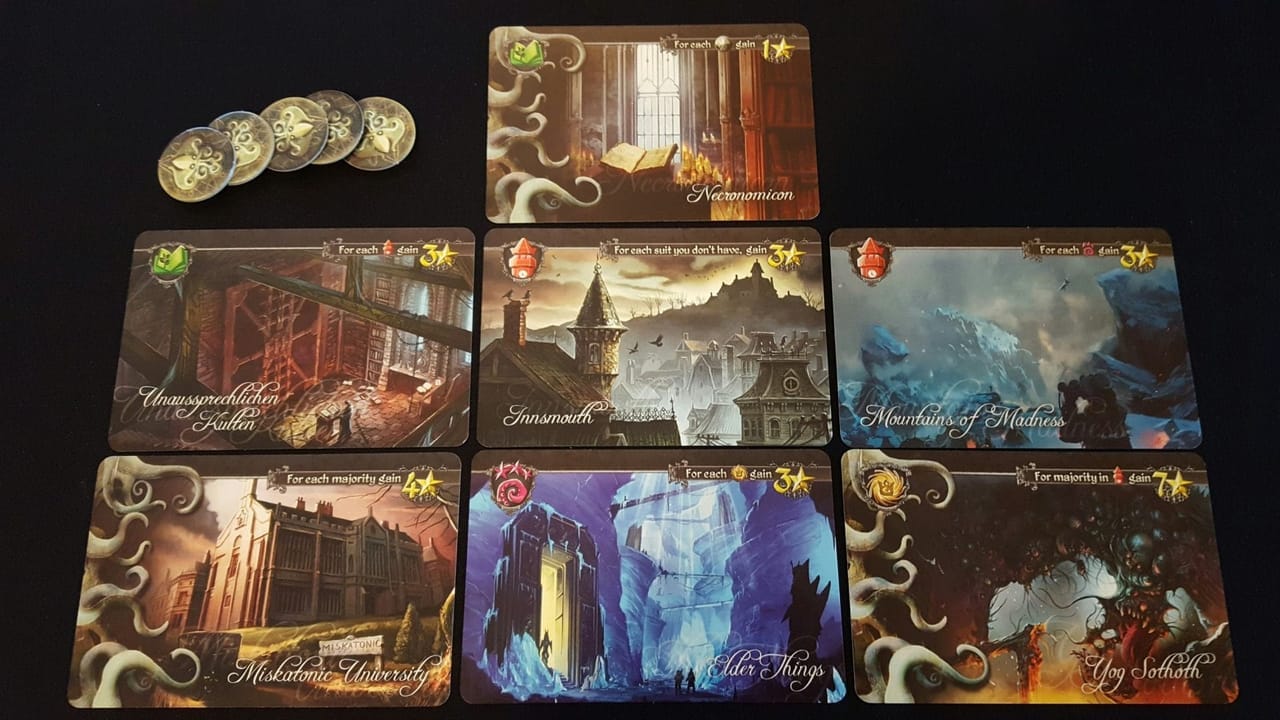
Tides of Madness is played over three rounds. Players begin each round with five cards in hand, choose one to keep face-up on the table, and pass the rest to their opponent. You take the four cards your opponent passed to you and choose and pass again. Both players do this until they have five cards in front of them on the table, then players score points based on the cards that they drafted. After the first and second rounds are scored, each player picks up their drafted cards and chooses one to keep, and one to remove from the game. After the third round is scored the game is over and the player with the highest total wins. It's that simple.
The majority of the strategy in Tides of Madness revolves around drafting the cards you want, while preventing your opponent from drafting what they need. The cards you keep each round are placed face-up on the table, and players can get a sense for the strategic trajectory that their opponent is going for as the game plays out. Most of the scoring mechanisms are based around combinations of cards, therefore paying attention to what your opponent has taken, and to what is still available to be drafted, is key. Even though the game is mechanically simple, the need to pay attention to your opponent, reliably predict and/or influence the cards that they'll choose, and the need to prevent them from achieving their goal, while simultaneously reaching yours, offers more depth that you'd expect from a game that has you drafting only 5 cards at a time.
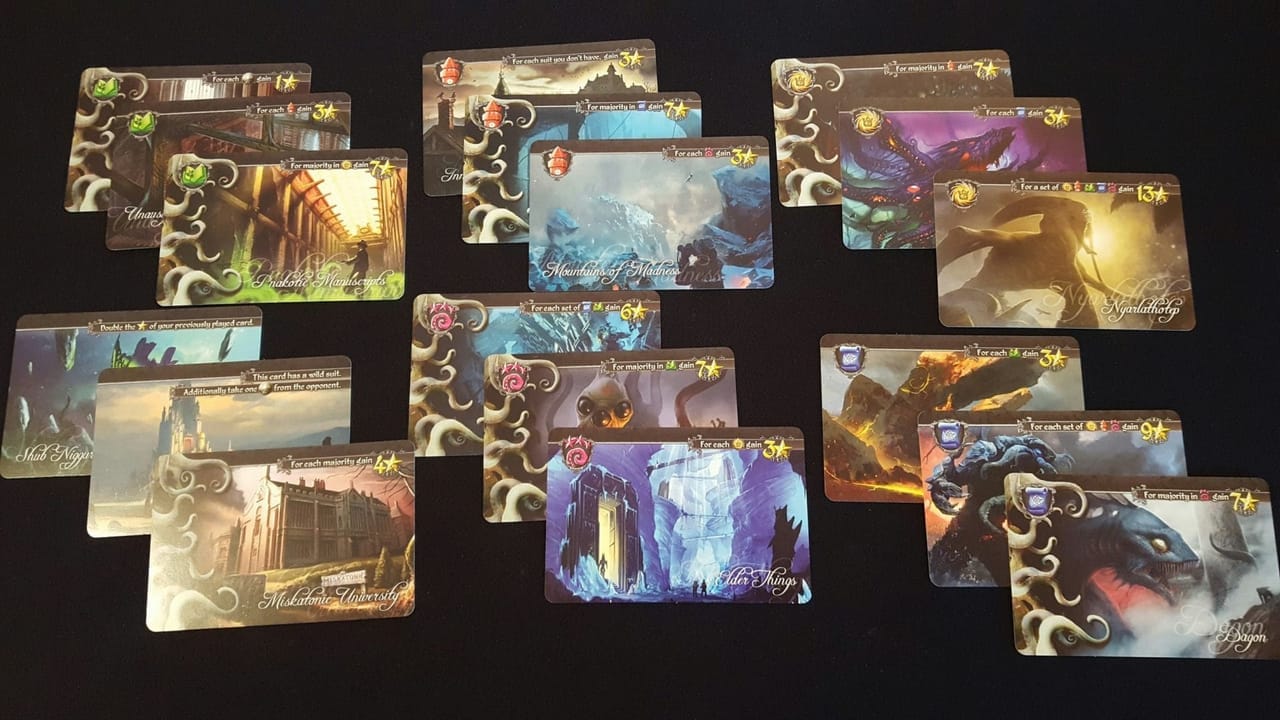
Points aren't the only thing that can be gained during play though, as 8 of the game's 18 cards have a Madness icon on them. If you end up drafting these cards, you take Madness for each. The player who gains the most Madness each round can either gain 4 points or heal one of their Madness. It can pay to gain Madness, but it can quickly bite you if you aren't careful. If you are ever sitting at 9 or more Madness during scoring, then you are driven insane and immediately lose, so balancing Madness gain against the cards you need to boost your score can be tricky, and it can be a viable strategy to try to force Madness on your opponent in an attempt to put them out of the game early.
The game can be played by ignoring your opponent and picking each card solely based on what you think benefits you, but it really gets good as the players begin to pay as much attention to each other. If one player ignores their opponent while the other pays attention to both, the more insular player is very likely to lose, especially when it comes to Madness accrual. That bit of strategic depth is what keeps Tides of Madness interesting. It is easy to teach, plays quickly, and has just the right amount of strategy for a 10 minute game, with a good balance between simplicity and depth.
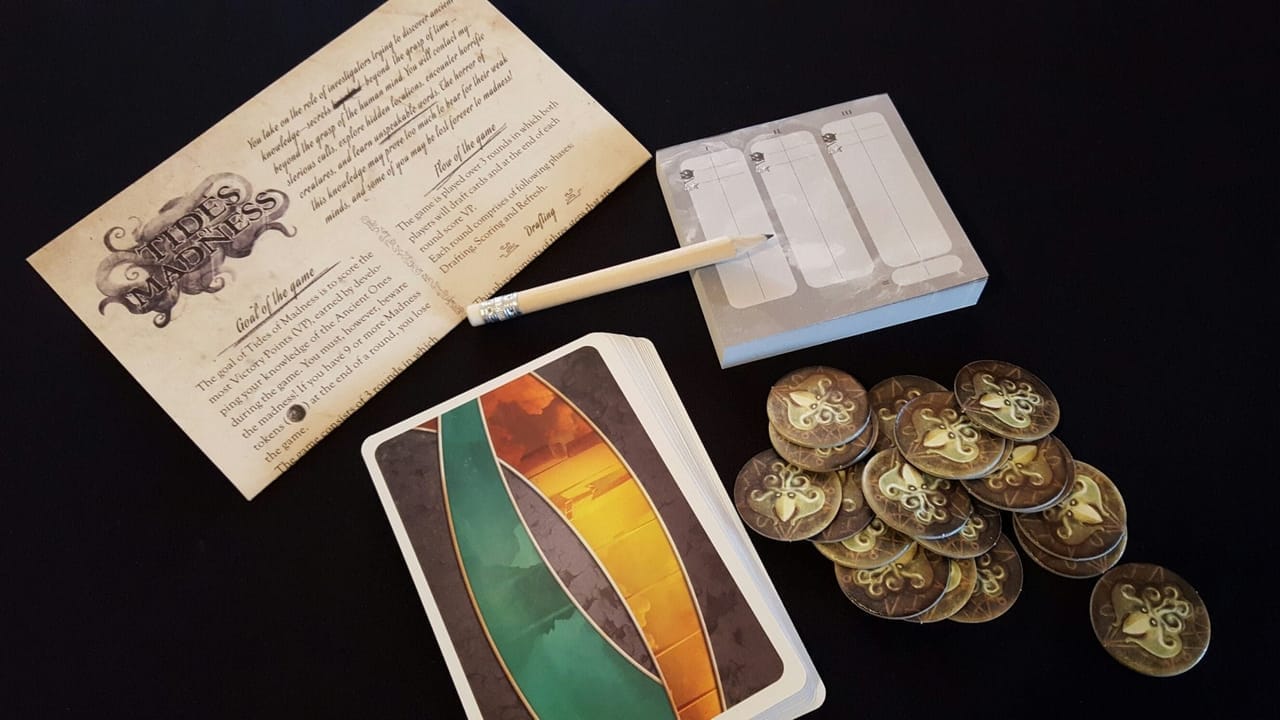
A note on “chrome”: Tides of Madness has awesome cards and, even though they are so large, there are so few components that the game is extremely portable. The art is gorgeous, even if the cards are much larger than they need to be, and it fits the Cthulhu theme well. The rules are easy to learn, although the old-timey look of the rules makes the pictures printed on them difficult to make out.
The bottom line:
Tides of Madness is a very good game that feels weightier than it actually is. While card drafting is often one small part of a game, Tides of Madness is based solely on the draft, and this distillation forces players to pay attention to what their opponent is doing if they want to be successful. The game is as much a contest of wits as anything, as both players try to draft as many points as possible while denying each other the cards that fit best with their plans. It can be as simple as grabbing the cards that you think you need, but it gets really good when players try to guess at and even manipulate what cards their opponent will take. While it is firmly in the filler category, Tides of Madness plays so quickly, is so easy to teach, and is so portable that it's a great choice to take with you everywhere, or bring to the table when you don't have much time.
Get this game if:
You enjoy card drafting.
You like quick, two player games.
You like to try to predict, and subtly influence what your opponent will do.
Avoid this game if:
You dislike card drafting.
You hate the Cthulhu theme.
The copy of Tides of Madness used for this review was provided by Portal Games.
Review Summary
Tides of Madness is a very good game that uses simplicity to good effect. It can be taught in a matter of moments, yet provides enough crunch to feel a lot deeper and more complex than it appears. Tides of Madess is really well suited to players who like to read their opponents, and for players who like bite-sized games over heavier, lengthier games.
(Review Policy)Have a tip, or want to point out something we missed? Leave a Comment or e-mail us at tips@techraptor.net
